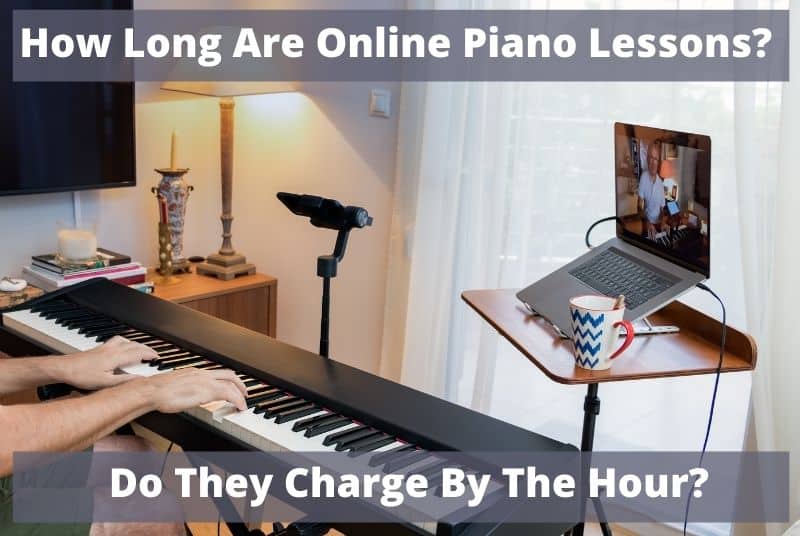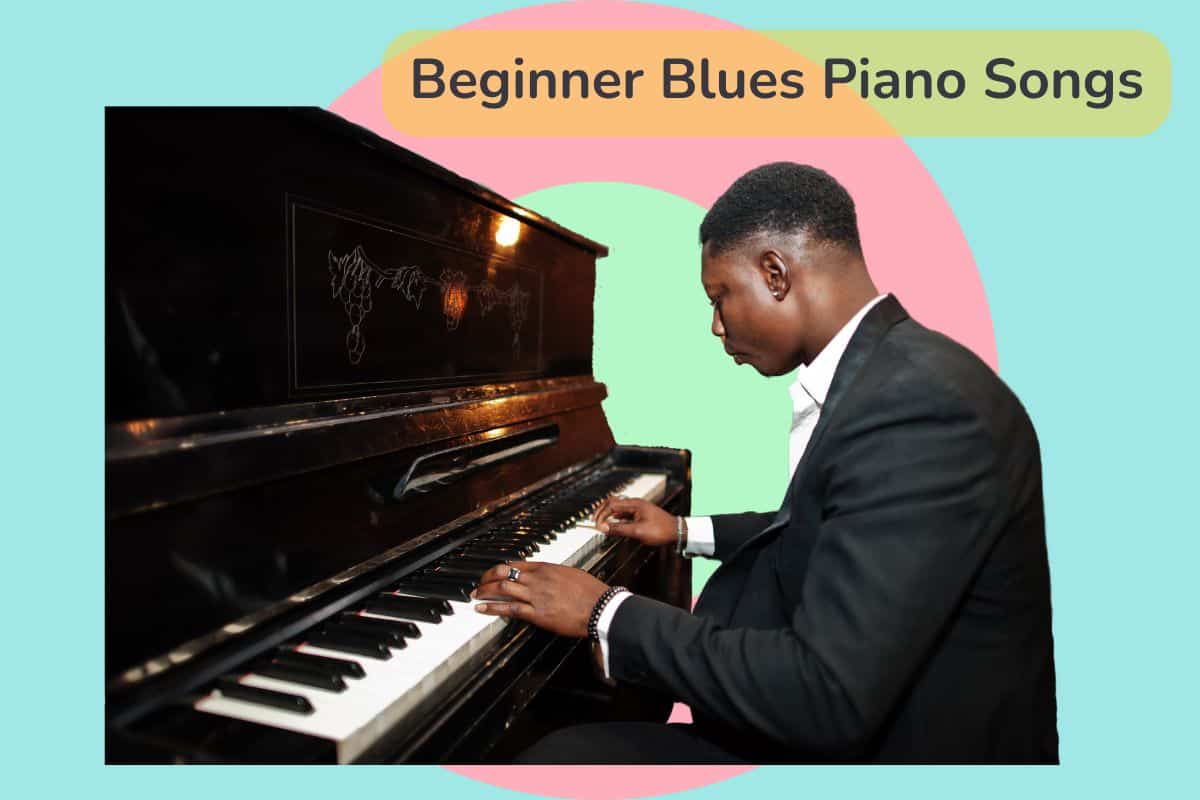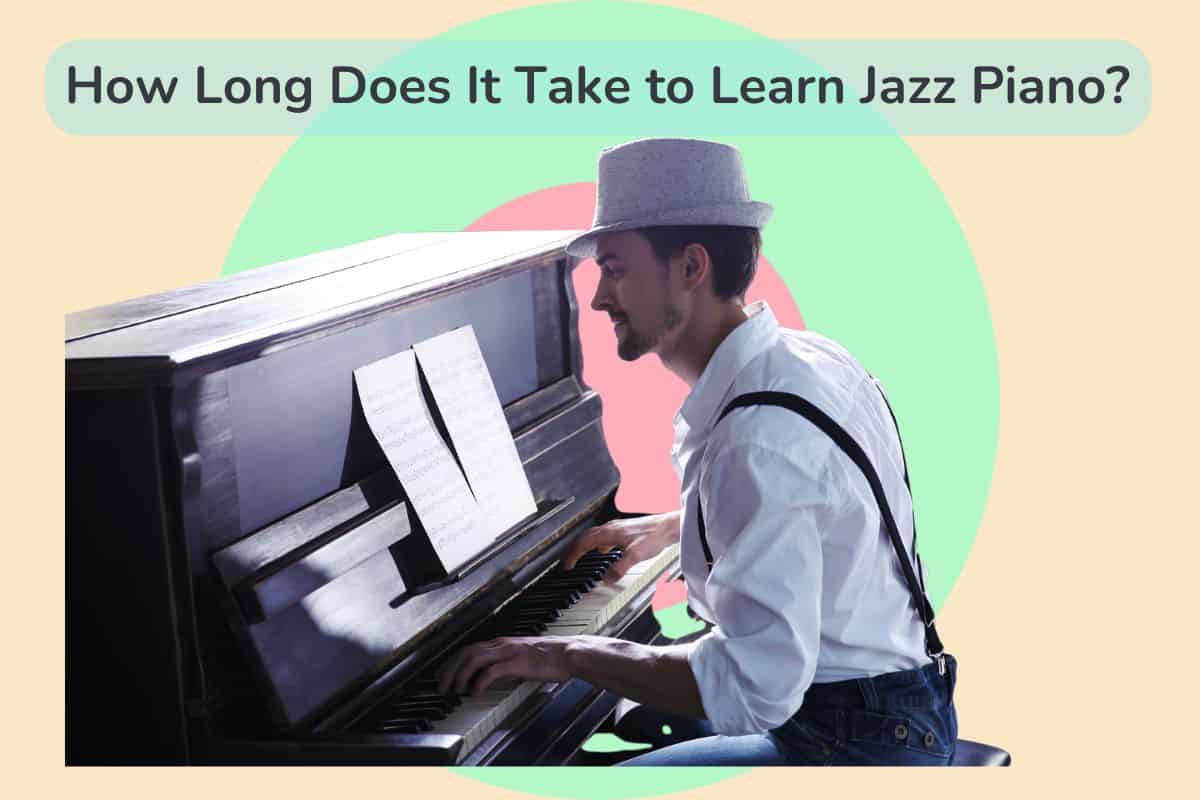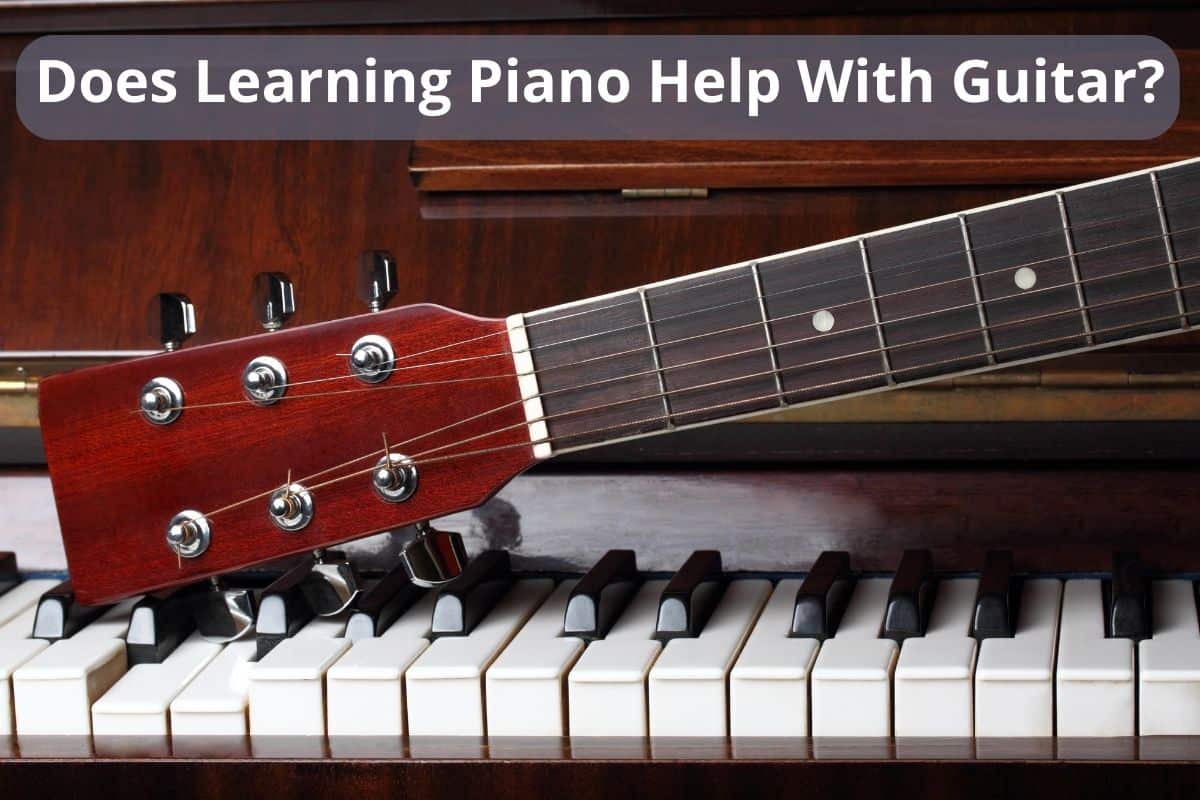Learning how to play the piano is a popular pursuit and live in-person lessons don’t always fit everyone’s schedule, especially with the recent coronavirus crisis. However, never fear because you can get remote piano lessons online from a growing number of teachers and still get expert tuition to help you reach your goals!
Here’s how long online piano lessons are, and whether they charge by the hour?
The length of online piano lessons will depend on your experience level. For beginners, this will typically be half an hour but will increase as you progress. You will typically be charged for the lesson time, where hourly rates range from $12 to $180, depending on the teacher’s experience/location.

Lesson Length And Student’s Experience Level
The duration of a piano lesson should vary based on a player’s proficiency and age. Complete beginners and children should start with half an hour. As these lessons are so short, a student can remain wholly focused throughout the entire time without requiring any breaks.
| Student Level | Time |
| Children & Beginners | 30 minutes |
| Intermediate | 45 minutes |
| Advanced | 45 – 60 minutes |
| Professional | As needed |
Beginners
A thirty-minute lesson will be able to keep even the most unwilling students focused. This helps children whose parents have decided to enroll them in classes without gauging their level of interest. It is also ideal for very young children who are five or six years old.
Even for young children enthusiastic about the lesson, going over thirty minutes can prove to be a bit too far. According to this study by Moyer and Gilmer, the average amount of time children within the ages of 2 – 7 could stay focused when doing an activity they enjoyed was 33.37 minutes. Hence, it would be best to limit a regular session to thirty minutes.
Although it might seem like the lesson is far too short, a well-trained piano teacher can accomplish a lot in thirty minutes. It leaves ample time to go over the basics of theory and the practical by learning how to read sheet music.
Intermediate Students
Advanced intermediates and adults should take on 45-minute or hour-long lessons. These lessons require a greater amount of endurance and focus, which will not be found in beginners or children.
It will also allow them to practice their repertoire to a greater extent. Once a specific grade is reached, pieces begin to require more sophistication and technique. A bar that is easy to sight-read could be tough to master, whether it requires the player to tackle unexpected dynamic change, a change in touch, or the use of complicated piano techniques like rubato.
Hence, playing even one piece will take a great deal longer and require much more coaching than playing a lower-level piece would, which is why longer lessons would be ideal for intermediates.
As a player advances in their grade, they must know other skills relating to the theory and aural testing. Longer piano lessons let the player practice these additional skills, whether they are sight-reading or determining the cadence based on hearing alone.
How Much Do Online Piano Lessons Cost?
Online lessons are generally cheaper than in-person classes if you’re doing solely practical, but this isn’t the case for online theory lessons. The cost of lessons also depends on your teacher’s experience; more experienced instructors will charge more than less experienced ones.
The more positive reviews an instructor has, the higher the fee they’ll be able to charge. Prospective piano players will be willing to pay more because they’re prioritizing quality over price.
As for the actual price range, it depends. Music Lessons Anywhere charges 21 USD per half hour, but sites like Class Gap can go as low as 12 USD per hour. On the other hand, a professional instructor like Edna Stern on Play With a Pro will charge as much as 180 USD per hour for her expertise.
In my recommendation, as a beginner, you don’t need to seek out high-profile teachers. All you need is someone who will teach you the basics to learn proper hand positions and prevent hand injury. As a result, it’s fine for you to pick more affordable teachers who have less experience.
However, if you’re an advanced intermediate or a diploma level student, you will probably need to increase your budget to find a quality instructor that will teach you what you need to know. These instructors will be those who can break down the mistakes in your finger positions based just on the camera pointing at your fingers.
These are the ones who will be able to tell if your touch needs improvement despite only hearing the sound through a computer.
Make sure you read this article on where you can find online piano teachers with a quick review of the services they offer.
How Much Should You Practice?
| Student Level | Time/day |
| Children | 15-20 minutes |
| Adult beginners | 30 minutes |
| Intermediate | 45-60 minutes |
| Professional | 3 hours+ |
In general, consistent practice throughout the week is much more important than devoting one day to cramming in hours of training. That being said, deliberate practice is also necessary. When you start practicing, you should have a goal in mind. It doesn’t matter if you don’t reach that goal by the end of your practice session – the vital part is knowing what you’re working towards.
Your goal doesn’t have to be complicated – it can be as simple as practicing C major’s scale for two octaves with your right hand fluidly at 80 BPM, one beat per note.
As to the actual duration of practice – beginners should practice approximately 30 minutes every day. If you don’t believe that you can practice this amount of time all at once, or if your fingers get tired very quickly, you can separate this time into more manageable 10 minute chunks throughout the day.
The intermediate and advanced level pianists should practice at least an hour every day. These can be chunked down into half an hour sessions. They should also begin with a warm-up before easing into their repertoire pieces. This can be in the form of scales, arpeggios, or a simple melody.
Like all other forms of learning, growth and understanding come from repeatedly applying concepts learned inside the classroom outside. A professor can lecture you all day long, but if you don’t actively revise those concepts when you get home, you’ll forget them. Consistent practice is essential to becoming a better piano player!
Do You Need a Piano Teacher?
Yes, you need a teacher, especially if you’re a beginner. For beginners, having a teacher prevents them from developing improper hand postures, resulting in severe injuries like carpal tunnel in the future.
That being said, if you’re vigilant, you can go without a teacher. However, your progress rate will be significantly hampered, and you will struggle with advanced jazz and classical pieces. It will also limit your ability to improvise, which is a staple of a trained pianist.
As for intermediate players, you can go without a teacher if you’re playing for fun or want to master a particular song. There are plenty of apps out there that can give you excellent training for this. However, if you’re serious about being classically trained until you become adept enough to learn various techniques and develop the understanding of when to apply them in a piece of sheet music that comes with minimal notation, you need an instructor.
Conclusion
If you are a beginner or even an intermediate player, you will definitely benefit from taking piano lessons. Whether these are online or in-person, they will help you create good habits and reach your goals. Remote lessons via video chat apps have really taken off recently and can help you find a teacher no matter where you are.
For the genuinely advanced players, make sure that you have a great camera angle for your online lessons that shows your fingers very clearly so that your instructors can give good feedback.
Intermediate players could also try cutting back on the practical portion, where your instructor might not be able to give as much feedback as they would like to due to the nature of online lessons. Instead, focus on aural or theoretical portions.



